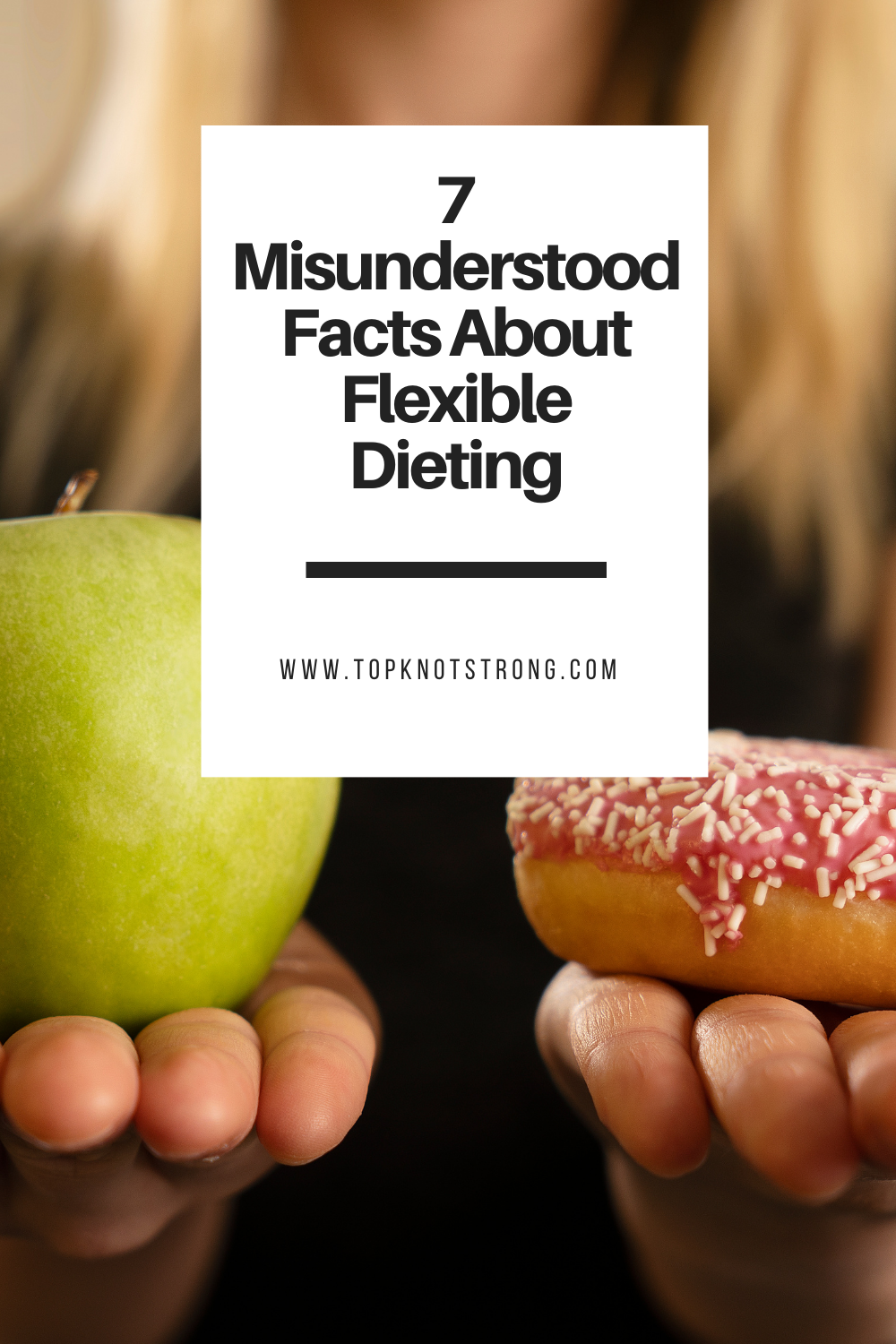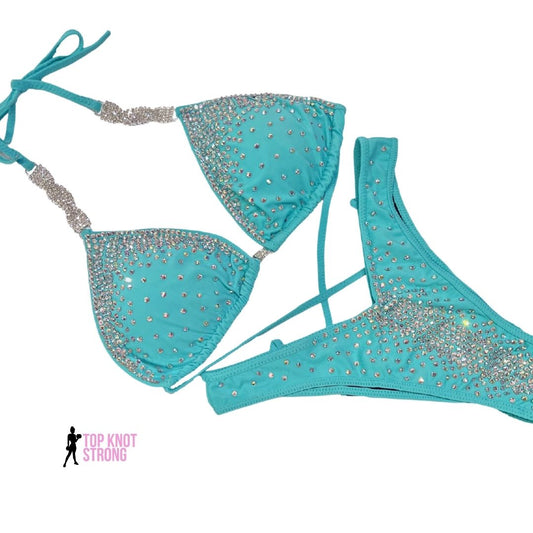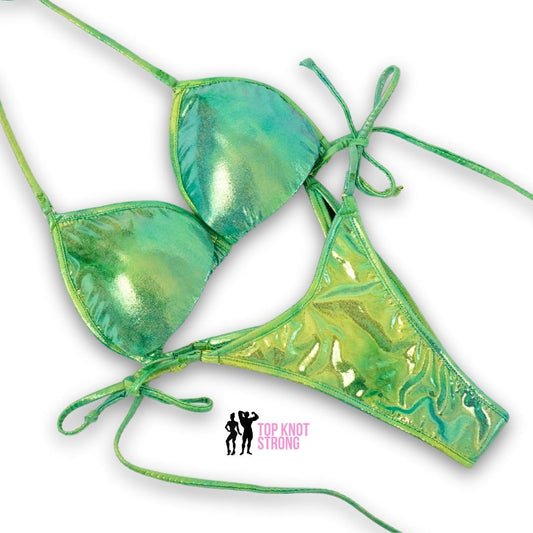Flexible Dieting has been given a bad rep and replaced with other diets like keto, low-carb, or even the military diet.... yikes!
It's not like others think, and actually can be really beneficial for someone who loves food, who struggles to cut any certain foods out, and who wants long-term success rather than a quick fix.
For me and many of my clients, it has helped to better their relationship with food overall.
So let's get into some misunderstood facts about flexible dieting.

1. Flexible dieters only eat unhealthy foods
Wrong... flexible dieting doesn't mean that you eat unhealthy foods all day long. Especially if you are looking to lose weight.
It's a balance of healthy foods about 80% of the time, while the rest of the time you can have some of the unhealthy ones. Giving you more balance all of the way around without having to cut out everything you love completely.
2. It doesn't work for clean eaters
It actually can work for anyone.
Whether you are a clean eater or not, it can help to keep you on track by eating clean most of the time and then a "treat" here and there while also fitting it into your nutrition goals.
It is almost impossible for everyone to eat clean 100% of the time.
3. It doesn't work for me
How long have you tried it? How did you go about incorporating it?
Just like anything else, seeing results will take time. This is not about a "quick fix" and more about a lifestyle change to have and keep results long-term.
You wouldn't want to keep losing the same 5 pounds over and over again would you?
4. You can eat processed sugary foods all day long
Not true.... while I'm sure some do this when they first start. It's about eating healthy foods a majority of the time. Then other foods that are not so healthy the rest of the time.
Having a good balance between all foods. Protein, carbs, and fats.
5. It takes too much time and effort to track everything I eat
This can be true when you first get started if you are just learning how to track your food as you are getting familiar with the app or source to track your food.
After time though, it becomes second nature.
Tracking your food, helps you to be more mindful of what you are eating and allows you to make sure you don't go over board with eating so that you can continue to see results.
It's basically essential at first until you develop the healthy habits needed to stay on track consistently.
6. "Flexible Dieting" and "Healthy Dieting" can't be used synonymously
This is a topic that many have disagreed on.
Some people feel that flexible dieting is not considered "healthy," but as mentioned earlier, it really is about having balance and not eating highly processed foods all of the time.
Flexible means that you have the flexibility to enjoy some foods that are not healthy in moderation without feeling super guilty about it at the end of the day.
7. It only works for high leveled athletes and "genetically gifted" individuals
Not true at all. At the end of the day it is about the calories that you consume and how active you are.
So even if you are not a high leveled athlete or genetically gifted, you too can follow a flexible diet and see results.
Many clients come to us because they want to prevent healthy issues down the road that runs in their family and would consider themselves not "gifted."
They work just as hard as anyone else with their nutrition and on their fitness journey to reach their goals.
Not sure where to start?





